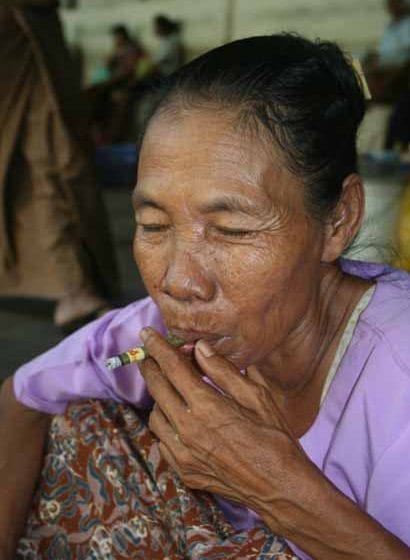Indonesia’s Trade Minister has suggested that people who are unable to access vapor products should simply turn – or more likely, turn back – to regular cigarettes, according to a story by Vincent Bevins on washingtonpost.com.
Enggartiasto Lukita apparently issued his advice last week because the authorities are about to place prohibitive restrictions on the sale of electronic-cigarette ‘materials’.
New vapor-product legislation, which is due to go into effect in the next few months, will require vendors to seek a combination of special government licenses, which could take years to acquire.
“These are standards we’ll never be able to meet,” says Rhomedal, a spokesperson for Indonesia’s Personal Vaporizer Association, who, like some Indonesians, uses only one name.
“It will really hurt both small businesses and consumers in our sector.”
A growing number of Indonesians have been using e-cigarettes: people who, according to the minister – as reported by the local newspaper Kompas – can just “become regular smokers”.
Bevins described this as a ‘seemingly puzzling statement for a government official in a country where over 200,000 people already die of tobacco-related causes each year’.
‘But observers of politics in the world’s fourth most populous country say this is nothing new, and that because of the power of the tobacco industry here, Indonesia lags far behind rest of the world in controlling use, and suffers from severe health problems as a result,’ Bevins said.
Indonesia was the only country in the Asia-Pacific region that had not ratified the World Health Organization’s Framework Convention on Tobacco Control, and more than five million children smoked cigarettes, said Dr. Widyastuti Soerojo, head of the Tobacco Control Unit in the Indonesian Public Health Association.
However, this does not explain Indonesia’s puzzling stance on e-cigarettes given that the WHO has also opposed the use of these products; as is reflected in the negative attitudes to e-cigarettes of a number of countries in the Asia-Pacific region.











